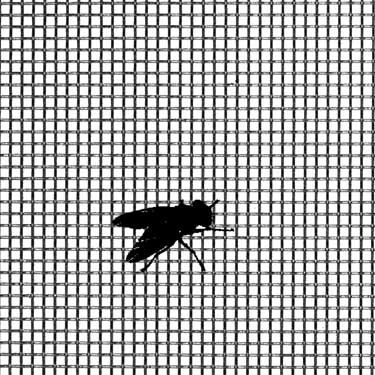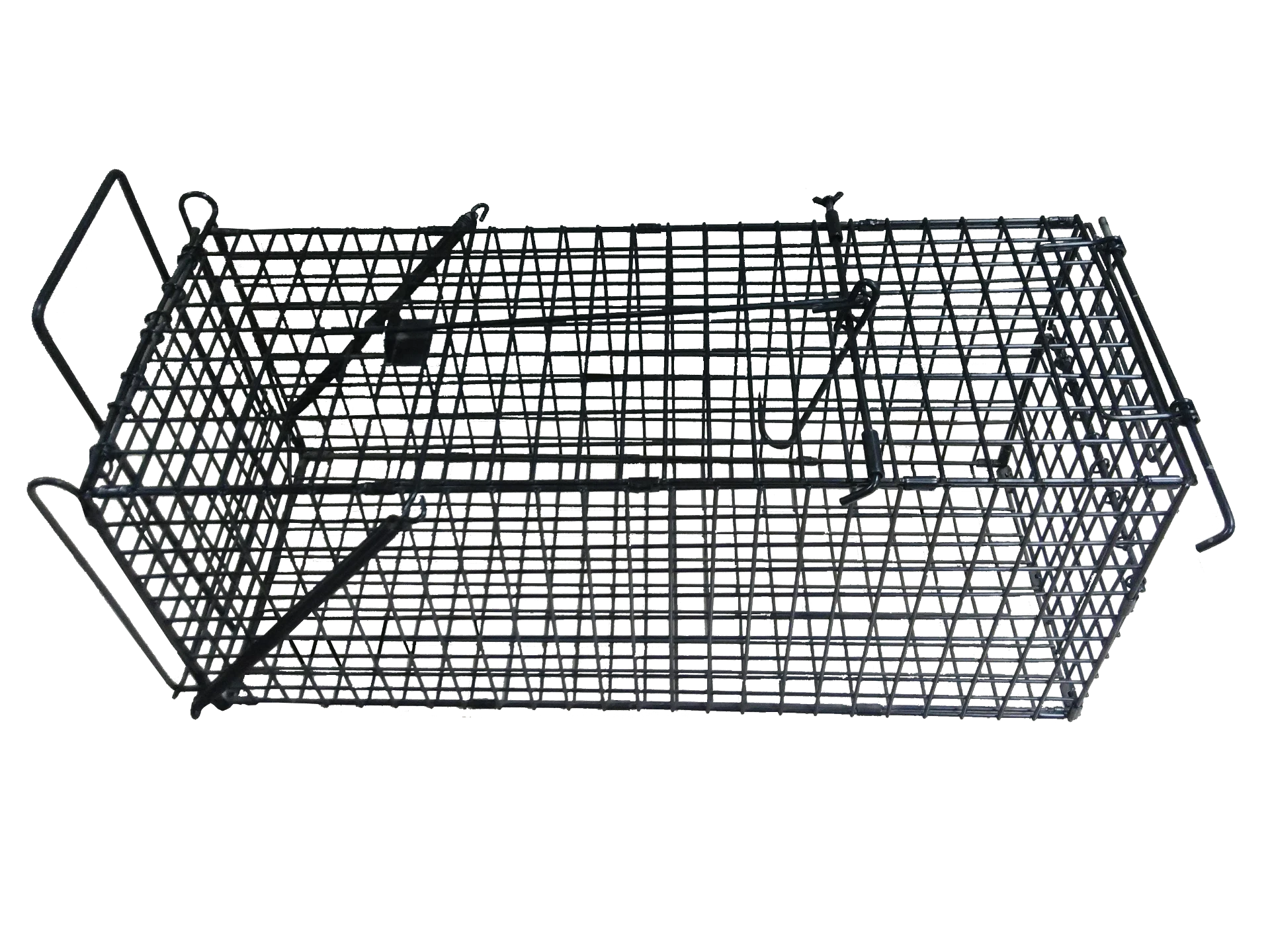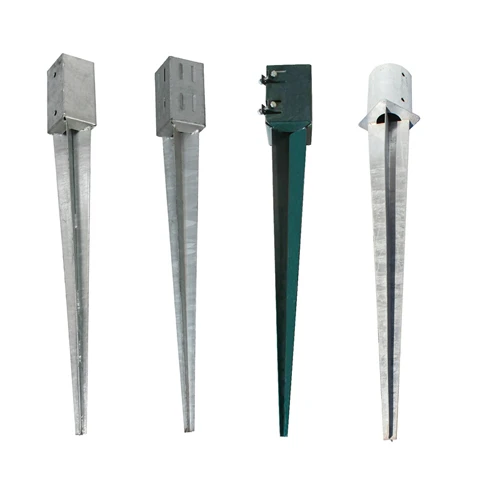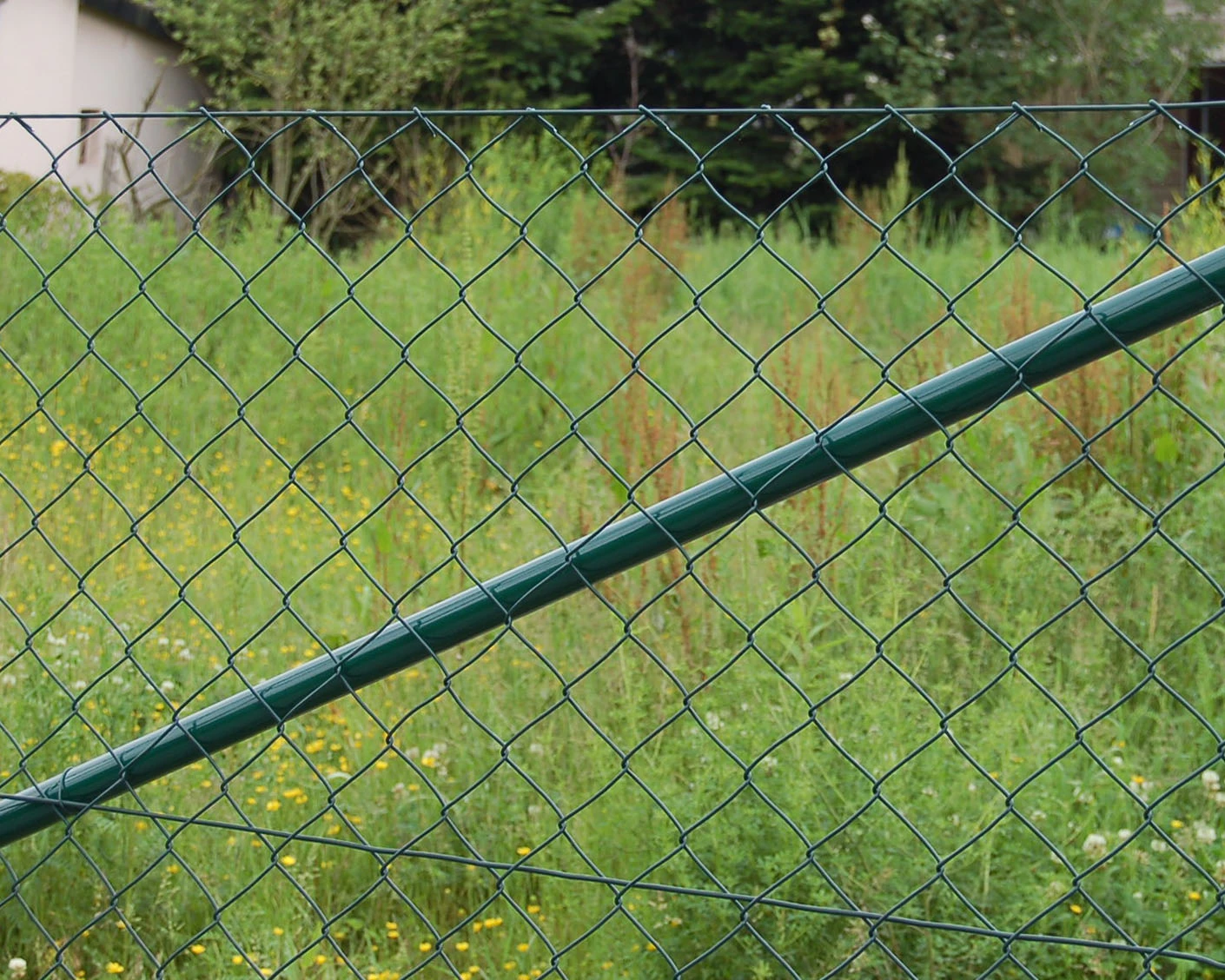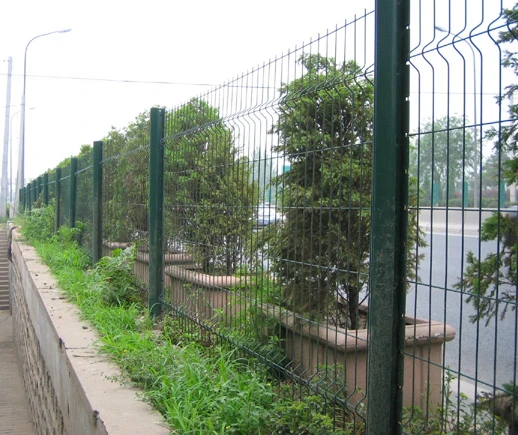Deer Fencing for Fruit Trees Protecting Your Harvest
When it comes to maintaining a fruitful garden, one of the significant threats to your hard work can come from nature itself—specifically, deer. These graceful creatures might be delightful to observe in the wild, but their appetite for fresh fruits and tender saplings can be devastating for home gardeners and orchardists alike. Therefore, implementing effective deer fencing is essential for protecting your fruit trees and ensuring a bountiful harvest.
Understanding the Threat
Deer are attracted to fruit trees due to the sweet and succulent nature of the fruits. Apple, pear, cherry, and peach trees are particularly appealing to these foragers, especially when the fruits are ripe and juicy. Along with eating fruits, deer will also munch on young leaves and buds, hindering the growth of the tree and potentially leading to its demise. Knowing this, homeowners must take proactive measures to shield their orchards from these hungry visitors.
Types of Deer Fencing
There are several types of deer fencing options available, each with its own benefits and drawbacks. The choice largely depends on your specific situation, including the size of your orchard, local deer populations, and budget.
1. Traditional Fencing This involves constructing a solid fence made from wood or vinyl. A typical height for deer fencing should be at least 8 feet to prevent the deer from jumping over. While effective, this type of fencing can be costly in terms of materials and installation.
2. Wire Fencing Livestock or field fencing, which consists of vertical and horizontal wire mesh, is another popular choice. Heavy-gauge wire can deter deer while allowing visibility into your garden. However, be mindful that deer can sometimes push against these structures, so ensuring the fence is firmly anchored is essential.
3. Electric Fencing An electric fence offers a more innovative solution. Low-voltage electric fencing can be installed to create a psychological barrier for deer. They only need to touch the wire once to understand that the area is off-limits. This type of fencing is often less expensive than traditional wooden solutions and can be more visually unobtrusive.
deer fencing for fruit trees
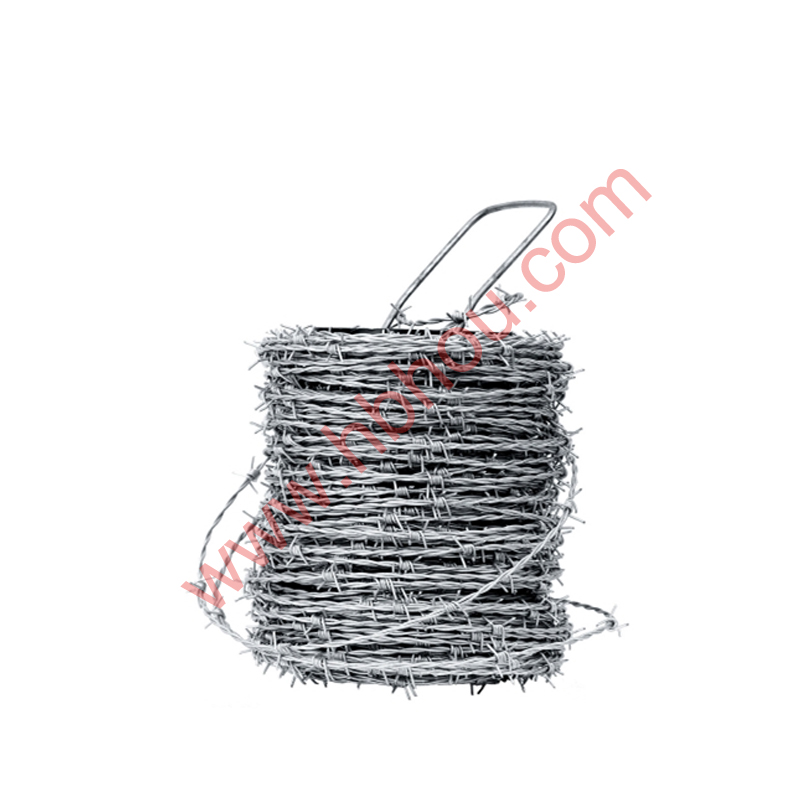
4. Natural Barriers If you prefer a more organic approach, consider planting deer-resistant plants or using hedges as barriers around your fruit trees. Certain species, such as boxwood or junipers, can deter deer from entering your garden due to their scent and texture. While these barriers may not be foolproof, they can significantly reduce deer visits.
Enhancing Your Fencing
Regardless of the type of fencing you choose, there are additional strategies to enhance its effectiveness. First, consider blending your fence with the landscape to make it less noticeable. This can soften the visual impact while maintaining functionality.
Also, planting diverse vegetation around your fruit trees can distract deer from your primary crops. Native plants that are less appealing to deer can act as a natural deterrent as well. Additionally, using scents or repellents, such as coyote urine or commercial deer repellents, can be effective alongside fencing measures.
Maintenance and Monitoring
Fencing requires regular maintenance to ensure its continued effectiveness. Check for signs of wear, damaged sections, or gaps that could allow deer access to your trees. After severe weather or seasonal changes, inspect your fence carefully to ensure it remains intact.
It’s also wise to monitor deer activity in your area. Keeping an eye on animal tracks or droppings will inform you about the frequency of deer visits. If you notice increased activity, it might be time to reinforce your fencing or adjust your strategy.
Conclusion
Deer may bring beauty to the wild, but they can pose a significant threat to your beloved fruit trees. Implementing the right type of deer fencing is crucial for protecting your harvest and ensuring your fruit trees thrive. By understanding the options, enhancing your barriers, and maintaining vigilance, you can enjoy the fruits of your labor without the worry of deer interference. Happy gardening!









